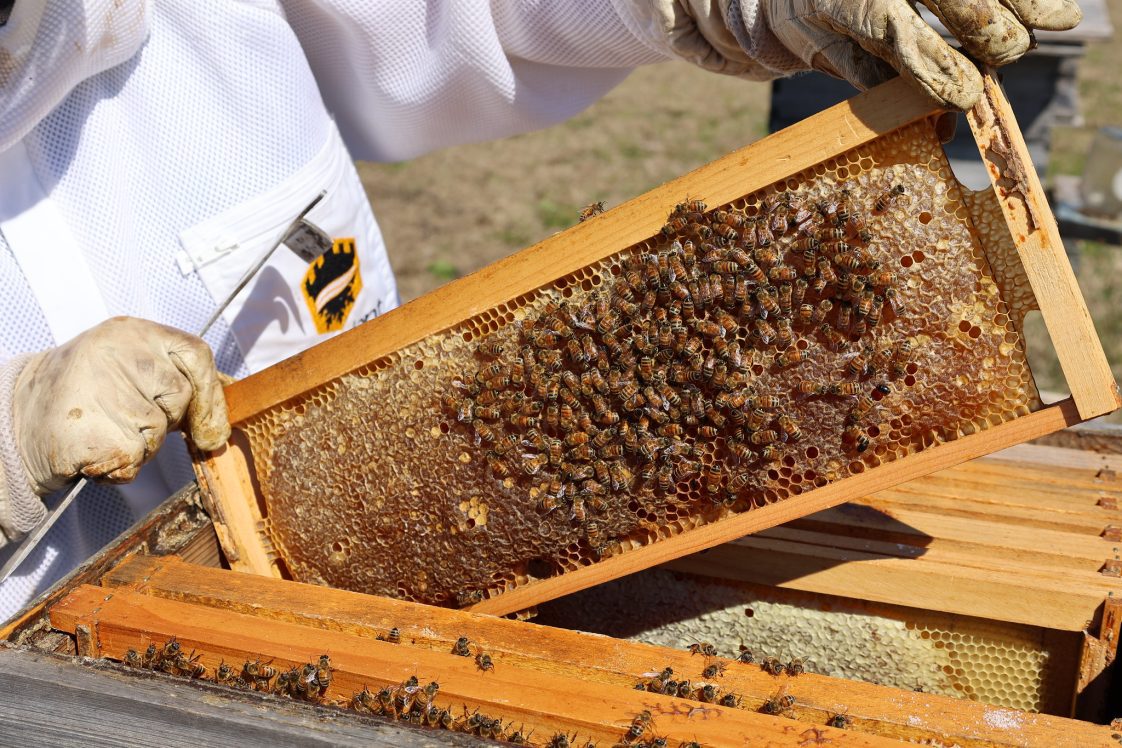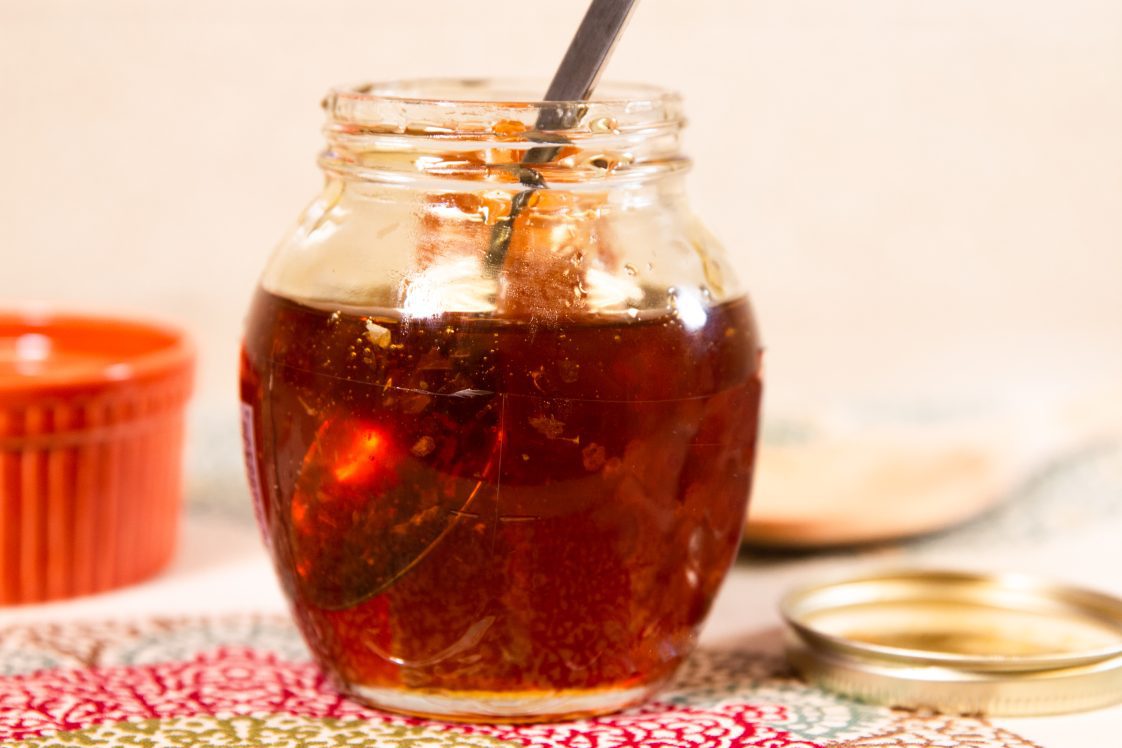Lawn & Garden

AUBURN UNIVERSITY, Ala. — The arrival of fall generally signifies the end of honey harvest for most beekeepers in the United States. Always a popular sweetener, honey has made a comeback as consumers shift their preference toward local products. September is National Honey Month, which makes it a great time to think about the contributions of pollinators near and far, as well as the apiculturists who care for them.
The Alabama Cooperative Extension System recognizes the value of the work that pollinators do in the state — in the backyard, on the farm and all of the places in between. Members of the Alabama Extension beekeeping team, Allyson Shabel and Jack Rowe, work together to provide resources, training and community for beekeepers in Alabama.
Local Honey
Rowe, an Alabama Extension regional agent, said honey can be used in cooking, for medicinal purposes, as a preservative and a sweetener.
“Honey is good for cooking, preserving foods and even just for sweetening,” Rowe said. “It is the sweetener of the whole past ages of humanity.”
He said one of the best ways to support communities and local people is by purchasing locally grown and produced products. Local honey is available at most farm stands or farmers markets.
“Local honey is one of those joys in our culinary lives,” Rowe said. “It is fragrant, tasty, supports local people and keeps the ideals of local life and food alive.”
Rowe said while honey is a favorite of many, there is a common misconception about its health benefits. Many believe that honey from local hives prevents seasonal allergies. However, this is not supported by scientific evidence.
“The plants the bees feed from are not the ones releasing airborne pollen,” Rowe said. “Also, honey never contacts any of our nasal membranes.”
Beekeeping Benefits
 Shabel, an Alabama Extension urban regional agent, said beekeeping is a great hobby to help you connect to the environment around you. Beekeepers also play a key role in protecting and caring for local pollinators. Bees pollinate local crops for farmers, while also producing honey for communities.
Shabel, an Alabama Extension urban regional agent, said beekeeping is a great hobby to help you connect to the environment around you. Beekeepers also play a key role in protecting and caring for local pollinators. Bees pollinate local crops for farmers, while also producing honey for communities.
“Protecting pollinator populations in your local environment is important,” Shabel said. “Many flowering plants in your landscape rely on pollinators to produce the next generation of seeds.”
Beekeeping also provides an opportunity to stay active. From lifting heavy boxes to wearing protective suits in hot weather, beekeeping requires physical endurance and disciplined time management to make sure the colony survives.
“Beekeeping can be physically demanding but very rewarding,” Shabel said. “It is a very physical hobby that requires strength and stamina.”
More Information
Rowe and Shabel share current events and information through their monthly beekeeping newsletter as well as through their At Home Beekeeping Series, which can be joined remotely via Facebook or Zoom on the last Tuesday of each month.
Learn more about protecting pollinators in the Pollinators section of www.aces.edu.

